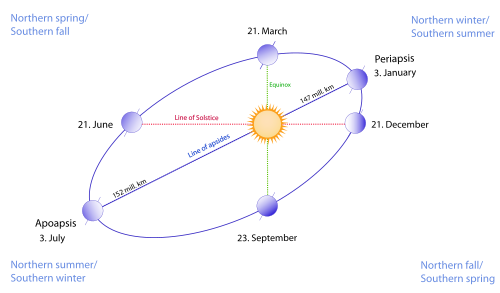(This article was originally published here: http://www.sunstar.com.ph/davao/opinion/2013/03/07/uyboco-market-madness-271797)
Since the beginning of the year, the stock market has hit record highs 23 times – and we are just 67 days into 2013. This has sparked a lot of interest in the stock market and investing. People dive into the market at the advice of friends, relatives, bankers, brokers or business associates.
Many people go in not knowing exactly how it works. All they might know is that their kumpare or kumare put in some money a few months back and it has now doubled in value. Some people simply trust their broker or financial adviser. “Basta ikaw na bahala diyan ha, di ko naiintindihan yan e (I trust you to take care of it since I don’t understand it).” Perhaps they are hoping that the stock market is some sort of magic box where you put one peso in and two pesos comes out.
This type of thinking is what drives the market to go crazy, especially when more and more people start thinking this way. The Law of Supply and Demand starts driving prices up. Since more people want to buy shares of stock, the ones who have them can now sell at higher prices and this keeps going until it becomes so insanely high that nobody is willing to buy at that price anymore. Then reality hits and the market comes crashing back down.
When it does, those who lose the most money are usually the noisiest. They lament and vow never to enter the stock market again. They strongly caution others against it, saying it’s a scam or that it’s manipulated by politicians and the uber-rich.
But these are people who do not understand and did not take the time and effort to understand what the stock market is all about. Think about it. Someone lost a lot of money, but that money went to the pockets of someone else. There was money lost, but there was also money gained.
And those who gained do not trumpet the fact. That is why you read of people who went bankrupt in market crashes, but you rarely hear stories of those who did well, and there are always those who did well. They have studied for this. They have prepared for this, and they quietly go about their business, weathering the storm, waiting for the market to go crazy again.
At the heart of it, one must learn how to value things. As a software analyst, I can tell when a piece of software is worth the price you’re paying for, or if it’s just junk. Years of experience and study have honed my skills in looking at usability, interface design, functionality and so on.
Sadly, many people go into the stock market not knowing the value of the stock they are buying. They simply go with what is popular, with what others are buying, or they blindly take advice from others. Some even just base their decisions on the stock price. For example, if company A is selling at P100 per share and company B is selling at P10 per share. Do you go for A or B?
Whichever one you choose, you chose wrongly because the information I gave is not enough. B is not necessarily better because the price is cheaper. When you buy a share of stock, you are buying a piece of the underlying business. So ultimately you must learn how to value businesses. Suppose you find out that company A earns the equivalent of P200 per share and company B earns P1 per share – then by all means, buy as much as possible of company A because it is at a bargain.
It does not take a genius to understand how to invest. All it takes is the willingness to spend time and learn, the ability to use a calculator (or spreadsheet), and a huge dose of common sense. If you like to read, look for “The Intelligent Investor” by Benjamin Graham. If you like to discuss and talk, I have started a blog and facebook group for this. Go to http://themoneytree.biz or http://facebook.com/groups/themoneytreebiz.
My hope is that less people succumb to emotions and bad decisions, and learn to use reason to make money during the madness.
Andy Uyboco is a businessman, trainer and speaker. You may email him at andy@freethinking.me, but don’t ask for money.



